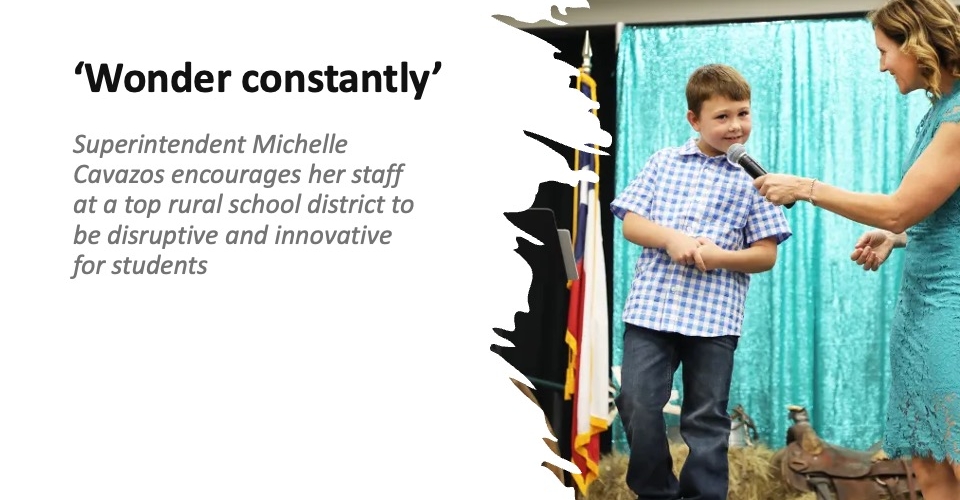Summer is a critical time to keep students engaged with learning. On average, students are at risk of losing a third of a school year’s learning over the break. The real question is: How to make it more effective—and engaging—for our educators?
It starts by strengthening tier I instruction, argues Jeff Feinman, chief of partnerships for The National Sumer School Initiative. The nonprofit’s five-week summer program matches educators with teaching coaches to create discourse-rich, inquiry-based instruction that will continue through the school year.
This summer, the organization is partnering with New York City Public Schools to serve nearly 67,000 students across 237 schools.
District Administration recently had a conversation with Feinman and the initiative’s CEO, Steven Wilson, to learn more about their tutoring model and how districts can reinvent summer learning for the better.
Addressing a critical need for summer school
The National Sumer School Initiative was born during the disruptions of the pandemic, says Wilson. Its staff helped school districts enhance remote learning but soon recognized that summer break was taking an even bigger toll on students’ academics during COVID.
“Summer is this incredible untapped opportunity, and there’s a lot of compelling evidence that if you do something with summer, you change the trajectory of kids,” he explains.
In the third year of the NYC schools partnership, the initiative provides participating schools with the curriculum and the professional development necessary for summer instruction. The mentor teacher is a critical part of the model.
“We hire stunning teachers who are very charismatic, who have a record of things like a 90% student proficiency over years and their job is to inspire and equip teachers at their grade level who are partnering with us,” says Wilson.
Elevating tier I instruction
Educators ought to expect more from their students, Wilson adds. Part of the initiative’s work is to “deeply convince” educators that they’re underestimating what children can do.
“When they see their mentor aiming high and bringing in results, it’s a transformative journey for the teachers participating,” Wilson asserts. “It’s as much about the art of the teacher’s experience as it is the students.”
More from DA: Starting teacher salaries weren’t competitive. This superintendent changed that
Teaching effective discourse-based instruction is one of the pillars of the mentorship experience. For instance, teachers learn how to utilize real-world problems to teach math while allowing the students to share their strategies for reaching a conclusion.
It’s tools like this that NYC school teachers will take back to their classrooms for the 2024-25 school year.
Measuring effectiveness
Mentors who lead by example with a contagious passion for the work do produce results. It’s quite common for educators to refer to a teacher they had when they were in school as the sole reason why they’re in the profession today. In this case, coaching creates that spark.
“The mentor teachers went above and beyond,” one fifth-grade literature teacher from New York City Public Schools said regarding last year’s summer programming. “I feel way more confident teaching the material now.”









